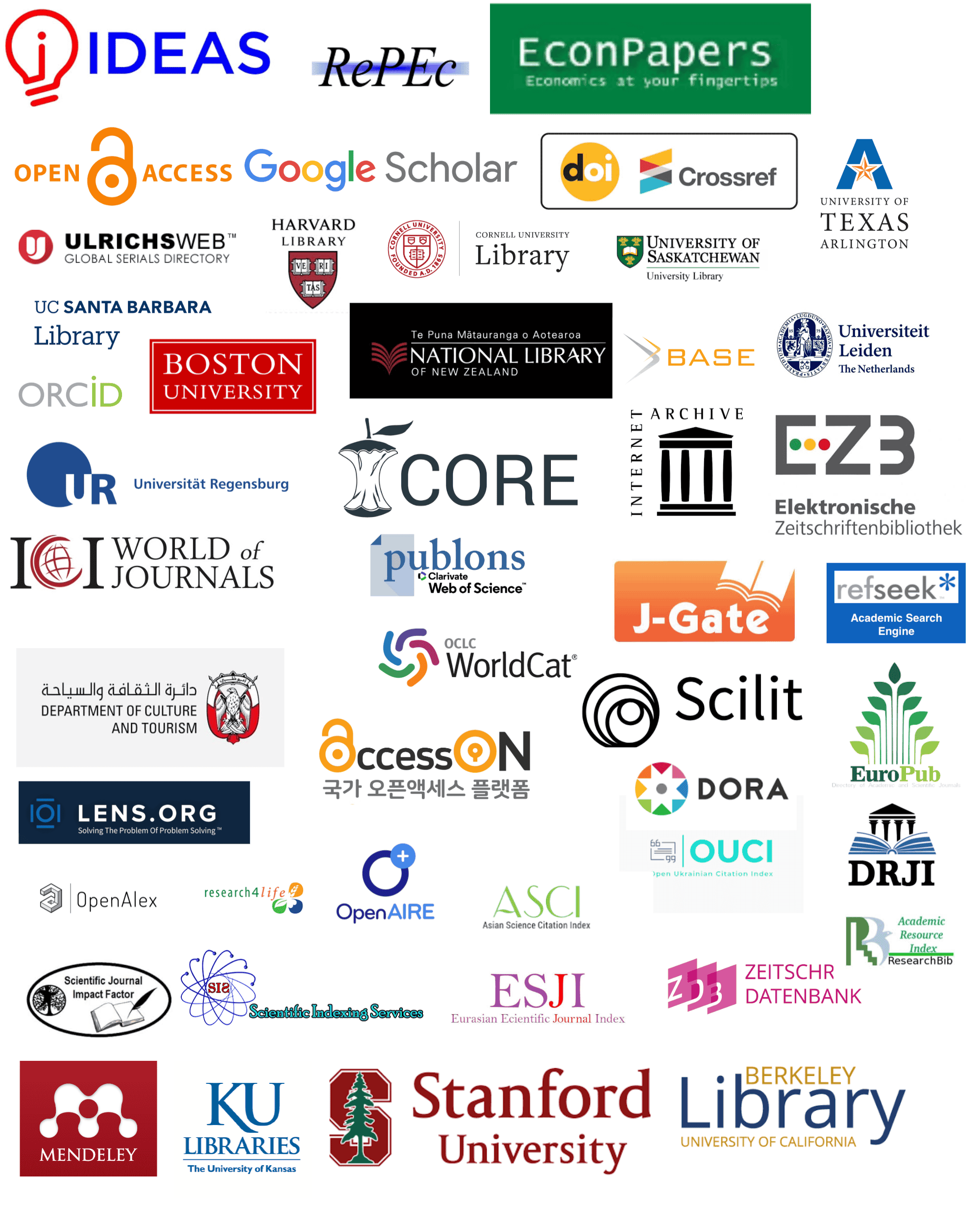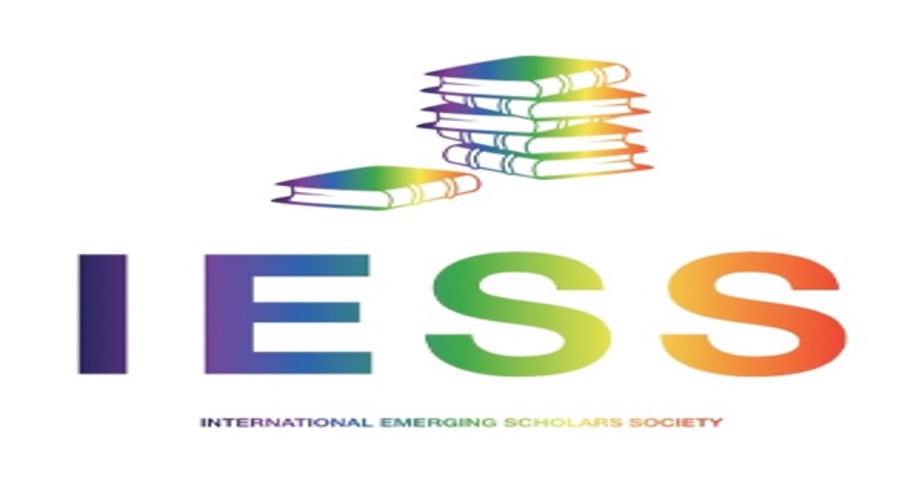Impact of mobile financial services on financial inclusion in Bangladesh
DOI:
https://doi.org/10.56879/ijbm.v4i2.237Keywords:
Mobile Financial Services, Financial Inclusion, Economic Growth, Demographic Factor, Remittance, Gross Domestic ProductAbstract
This paper investigates the impact of mobile financial services (MFS) on the financial inclusion and economic growth experienced in Bangladesh. This paper examines the impact that MFS systems, including bKash, Rocket, amongst others, have in terms of increasing the ease of financial access, volume of transactions, and participation of economic activity following their increasing adoption. Incorporating a structured questionnaire and an online survey of 400 respondents, quantitative research methodology used by the research evaluates the way in which MFS can increase the access to financial resources as well as improve the GDP. The findings indicate that extensive adoption of MFS significantly enhances financial inclusion, and also improves the economies within the locals, particularly remittances and person-to-person payments. The use and adoption of MFS were also found to be dependent on factors of demography such as gender, age, income, and education. Regression research has found that adoption of MFS and GDP growth have positive correlation with each other showing that MFS is a driving force in the development of Bangladesh. Despite the impressive achievements, there are still some access problems in rural regions, and there exist gender differences. The report presents several proposals about enhancing digital literacy and expanding MFS infrastructure so that more people can be financially included and have a more active part in the economy.
Downloads
Published
Issue
Section
License
Copyright (c) 2025 Shohala Afroze, Md. Ahsan Shoishob, Saima Amina (Author)

This work is licensed under a Creative Commons Attribution 4.0 International License.


